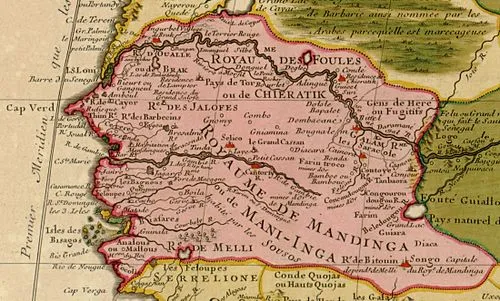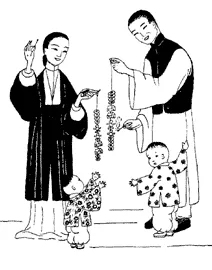
Martin Luther King Jr. and His Connection to the Episcopal Church (USA)
Martin Luther King Jr., a prominent figure in the American civil rights movement, was heavily influenced by his Christian faith, specifically his roots in the Southern Baptist tradition. However, his relationship with various denominations, including the Episcopal Church (USA), also played a significant role in shaping his worldview and activism.
King's Early Influences
Born in Atlanta, Georgia, in 1929, King was raised in a family that actively participated in the church. His father was a pastor, which deeply influenced King's spiritual development. While King identified as a Baptist throughout his life, the broader Christian community, including the Episcopal Church, provided him with a platform to engage in social justice issues.
The Episcopal Church's Role in the Civil Rights Movement
The Episcopal Church (USA) has a long history of advocating for social justice, which resonated with King. Many members of the church were active participants in the civil rights movement, alongside leaders like King. The Episcopal Church's commitment to social justice and inclusion made it a supportive space for King and his vision of racial equality.
Significant Collaborations
King often collaborated with leaders from various denominations, including Episcopal clergy. The National Council of Churches, which included many Episcopal members, provided a united front against racial oppression. King's participation in ecumenical dialogues helped bridge divides between different faiths in the pursuit of justice.
Moral Advocacy and Theological Underpinnings
King's advocacy for civil rights was deeply rooted in his Christian beliefs, reflecting the moral imperatives found in scripture. His vision aligned with the Episcopal Church's support for the marginalized and oppressed. Both King and the Episcopal Church emphasized the importance of love, justice, and equality, principles derived from the teachings of Jesus.
Legacy and Influence
The legacy of Martin Luther King Jr. continues to inspire people from all denominations, including the Episcopal Church (USA). His teachings on nonviolent resistance and the dignity of all individuals resonate with the church’s mission to promote social justice. Annually, King's life and work are honored, reminding congregations to strive for equality and justice in their communities.
Conclusion
While Martin Luther King Jr. primarily identified as a Baptist, his interactions with the Episcopal Church (USA) highlight the importance of ecumenical collaboration in the quest for justice. The principles championed by King align with those of the Episcopal Church, marking a shared commitment to human rights and equality.






